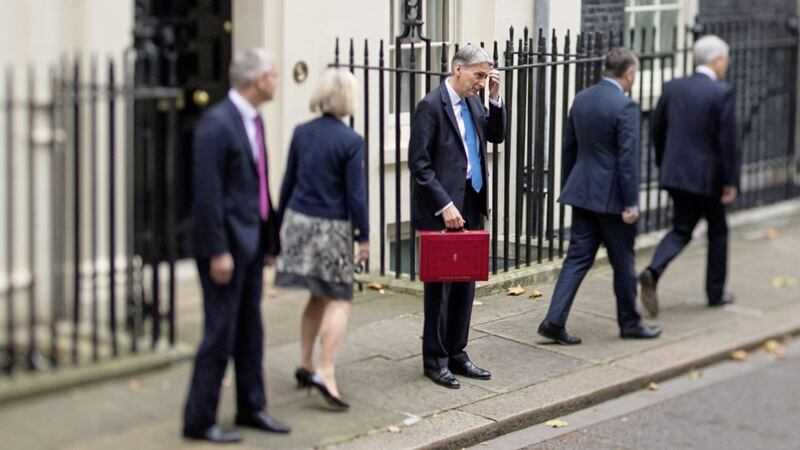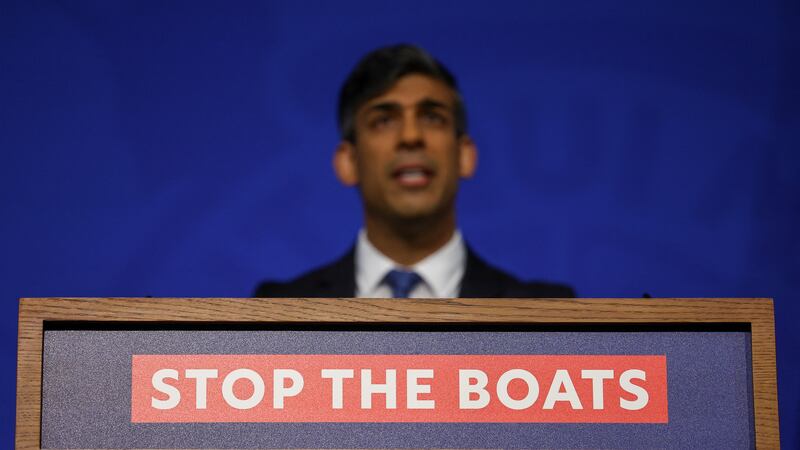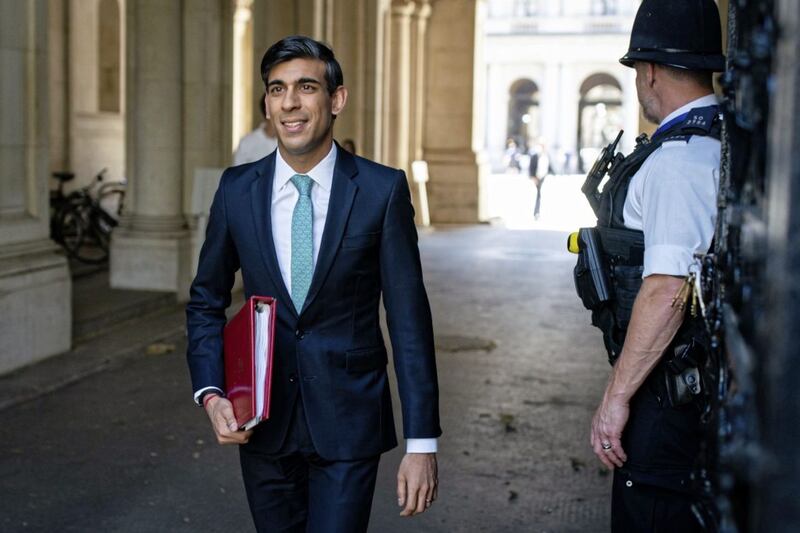BELFAST citizens are to be given the opportunity to elect a Mayor under new plans announced by chancellor Philip Hammond yesterday.
The north's capital will receive part of a £1.7 billion Transforming Cities Fund.
Half of that money will be shared by six city areas, including Belfast, with elected metro mayors who will have the power to make decisions on local transport priorities.
The mayor will be elected in open competition and does not need to be someone from an established party but can be a independent candidate.
A City Deal will also allow Belfast to have greater powers to create economic growth and decide how public money should be spent independent of any future executive ministers.
The remainder of the money will be open to competition by other cities in England, which rules out Derry, Lisburn or Newry benefitting from the fund announced as part of the Autumn budget.
Belfast Lord Mayor, councillor Nuala McAllister welcomed the news.
"A City Deal for the Belfast region would be a ten-year investment plan to improve infrastructure in the region, develop innovation and skills and attract more and better jobs.
"We look forward to negotiating in due course but it is imperative we see the restoration of a functioning Executive in order to land an ambitious, forward-looking package that will boost prosperity and build skills".
However the announcement has drawn anger in Derry with SDLP leader and Foyle MLA Colum Eastwood accusing the Chancellor of snubbing Derry, branding its exclusion a "disgrace".
Secretary of State James Brokenshire however insisted the consultation on the Belfast deal was only a beginning and government had hopes for a range of City Deals in the region.
Elsewhere in the Autumn budget the British chancellor also announced a package that will effectively end stamp duty for home buyers in Northern Ireland.
In a move designed to help ease the current housing crisis, stamp duty has been abolished for first-time buyers on homes up to £300,000, and on the first £300,000 of properties up to £500,000.
For Northern Ireland, with considerably lower property prices than Britain, this will remove stamp duty on the majority of house sales.
Northern Ireland also received an additional £660m in extra money under the Barnett formula.
The North will get an extra £540m to spend on infrastructure over the next four years, with a further £120m, for day to day spending which is a reduction in real terms when recent inflation rates are taken into account.
This money is additional to the £50m announced by the Secretary of State James Brokenshire earlier this month as part of the Tory/DUP confidence and supply deal.
It is not known when the rest of the £1bn package promised after the Westminster election will be delivered.
It is also not clear how any additional money promised under the autumn budget will be spent in the absence of a functioning executive.
Mr Brokenshire said the budget "makes great strides in building an economy that is fit for the future, one that works for everyone across the United Kingdom including in Northern Ireland".
Green Party leader Steven Agnew however said the Tory government has reneged on the promises it made to the DUP and called on the party to "stand up for the people of Northern Ireland".
"The DUP has had to line up behind the Tory government on vote after vote ever since signing up to the confidence and supply deal in June, and now it turns out that it has all been for nothing", Mr Agnew said.
"Indeed, far from the promised billion pound windfall, we are now looking at a real-term cut".






